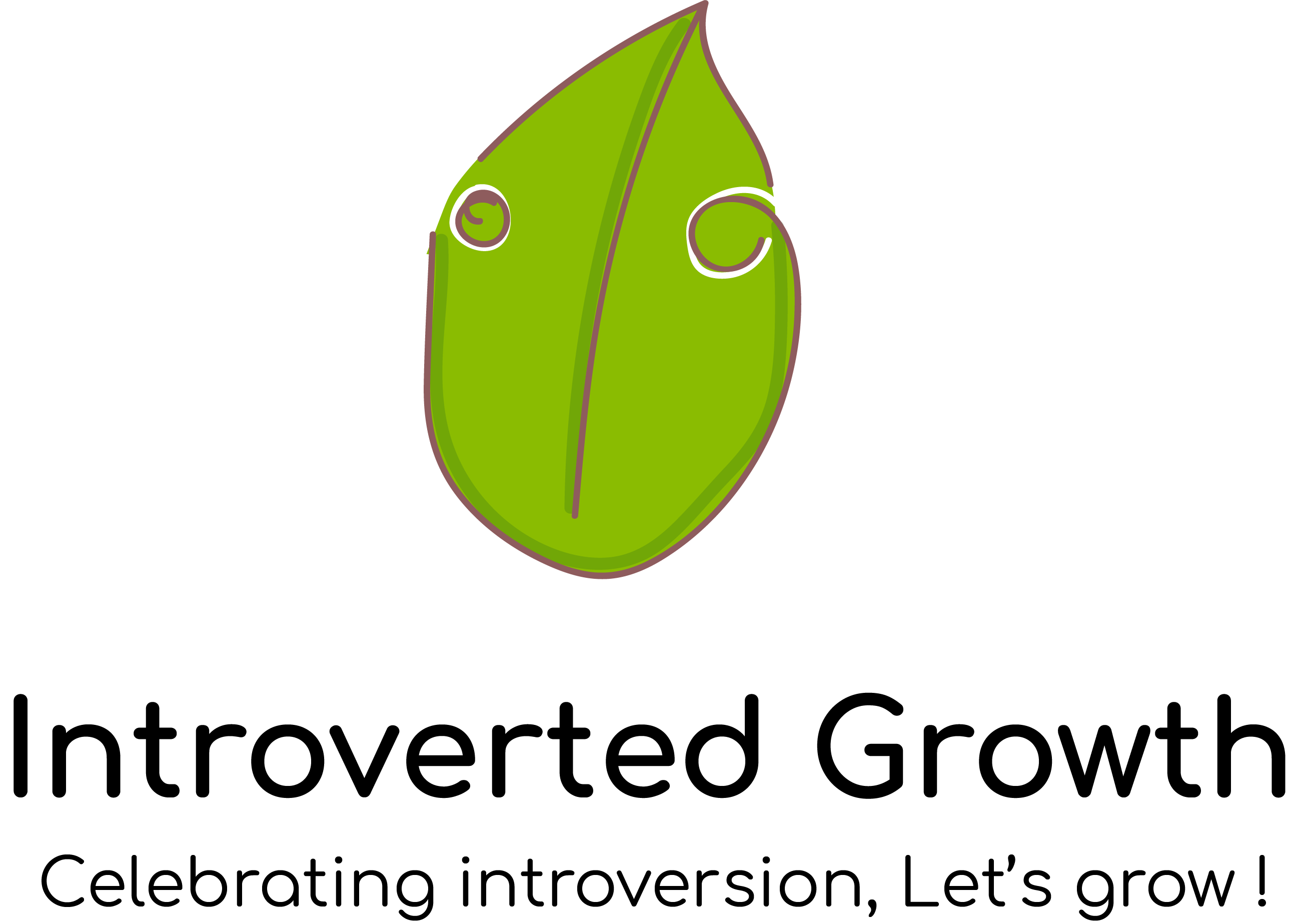ESFPs are known for being fun-loving and outgoing. However, like all personality types, they have their own unhealthy traits that can emerge when they are under stress or are not self-aware.
In this article, we’ll explore seven of the most common traits of unhealthy ESFPs. We’ll also discuss how to deal with them when they arise.
So if you’re an ESFP, read on! You may find that you recognize yourself in some of these traits – and that’s okay. It is important to be aware of them and work on overcoming them.
Unhealthy ESFP: 7 Key traits and How to Deal with Them
1. They become Thrill Seekers
When ESFPs are unhealthy, they may seek out thrill-seeking activities that are dangerous or risky. This is their way of numbing themselves from their feelings and escaping the reality of their lives.
Their high Se (Extraverted Sensing) function drives them to seek new experiences and sensations. However, they may not stop to think about the consequences of their actions. This can lead them into dangerous situations that they later regret.
The most healthy way to deal with this trait is to find less risky ways to get a thrill. For example, instead of skydiving, you could go bungee jumping. Or, instead of driving fast cars, you could go for a race car driving experience.
2. They become Selfish
When ESFPs are unhealthy, they may become selfish and egotistical. They may only care about themselves and their own needs.
This is due to their lower Fi (Introverted Feeling) function becoming dominant. When this happens, they may struggle to empathize with others and consider their feelings.
The best way to deal with this trait is to try to be more understanding and compassionate towards others. Put yourself in their shoes and try to see things from their perspective. This will help you to be more considerate of their needs.
3. They become constantly angry
Unhealthy ESFPs may become quick to anger and lash out at those around them. This is due to their high Se (Extraverted Sensing) function becoming overwhelming. When this happens, they may struggle to cope with all the stimulus around them and can become easily irritable.
The best way to deal with this trait is to try to take some time out for yourself. This can be difficult if you’re always on the go, but it’s important to take some time to relax and de-stress. Maybe try yoga or meditation. Alternatively, you could go for a walk in nature.
4. They become emotionally erratic
Unhealthy ESFPs may become emotionally unstable and unpredictable. They’ll struggle to identify and express their feelings in a healthy way.
Being a feeler type, they may be more emotionally sensitive than others. Their shadow function, Ni (Introverted Intuition), can cause them to become lost in going through the possibilities of their own thoughts and emotions. This can make it difficult for them to communicate effectively with others.
The best way to deal with this trait is to try to be more mindful of your emotions. Identify how you’re feeling and why. Once you know what’s causing your emotions, it will be easier to manage them. Alternatively, you could talk to a therapist or counselor who can help you to understand and deal with your emotions in a healthy way.
5. They become existential
Unhealthy ESFPs may start to question the meaning of life and their place in the world. becoming unhealthy as a Te (Extraverted Thinking) user, they may overthink things and try to find logical explanations for everything. However, this can lead them to feel lost and confused.
Their Ni and Ti if not balanced will cause them to doubt themselves and their purpose in life. The best way to deal with this is to try to live in the present moment and enjoy life for what it is. Don’t overthink things and just go with the flow. Alternatively, you could talk to someone who can help you to make sense of your thoughts and feelings.
6. They lack rationality
Unhealthy ESFPs may become impulsive and irrational. They won’t bother with thinking things through before they act. This can lead them into dangerous or harmful situations.
The best way to deal with this trait is to try to think things through before you act. Consider the potential consequences of your actions and make sure you’re happy with them before you proceed. Alternatively, you could talk to someone who can help you to make more rational decisions.
7. They become withdrawn
Unhealthy ESFPs may start to withdraw from the world and become isolated. They’ll fall into a pit of despair and may become difficult to motivate.
The best way to deal with this trait is to try to reach out to those around you. Talk to your friends and family. Spend time with people who make you feel good about yourself. Alternatively, you could seek professional help if you’re struggling to cope.
FAQs
what does an unhealthy ENFJ look like?
An unhealthy ENFJ may become manipulative and controlling. They may try to control those around them in order to feel better about themselves. Alternatively, they may withdraw from the world and become isolated.
what does an unhealthy INFP look like?
An unhealthy INFP may become withdrawn and isolate themselves from the world. They may struggle to cope with their emotions and may become overwhelmed by them. Alternatively, they may become extremely rigid in their thinking and inflexible.
What does an unhealthy ISFP look like?
An unhealthy ISFP would struggle with making decisions and would be easily influenced by others. They would be impulsive and react emotionally to situations rather than thinking things through logically. They would likely take risks without considering the consequences and would end up in dangerous or harmful situations.
what does an unhealthy ESTP look like?
When ESTPs become unhealthy, they may start to seek out more and more thrills in an attempt to escape from their own minds. They may become insensitive and try to manipulate the people around them to get what they want.
CONCLUSION
Here are the 7 key traits of an unhealthy ESFP:
1. Thrill seekers (High Se)
2. Selfish
3. Constantly angry
4. Emotionally erratic
5. Become existential
6. Lack of rationality
7. Withdrawn
If you recognize any of these traits in yourself, it’s important to try to find a way to manage them in a healthy way.
If you found this article helpful, feel free to share it it with whom you think it might be of use!
If you’re an ESFP, it’s important to be aware of the potential for becoming unhealthy.






